Empowering Books by Women, for Women
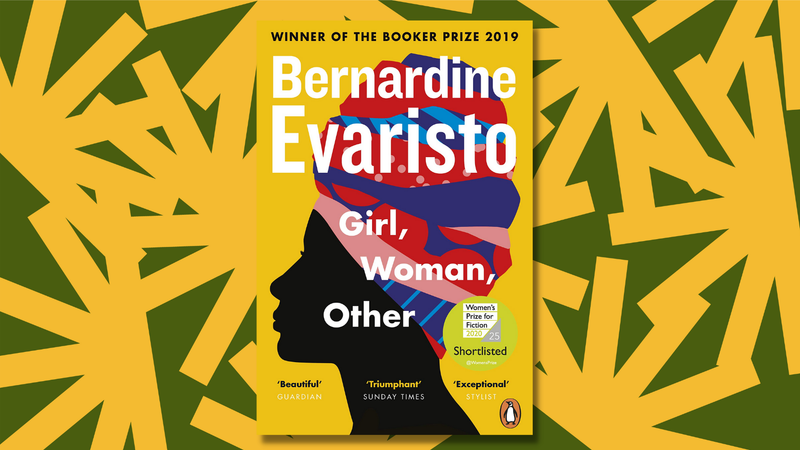
Books have the power to transform our perspectives, validate our experiences, and inspire us to dream bigger. When women write for women, they create a special kind of magic—stories that reflect our struggles, celebrate our victories, and push us to grow. These ten remarkable books written by women offer wisdom, courage, and honest insights that can change how we see ourselves and the world around us.
1. Michelle Obama’s Journey in ‘Becoming’
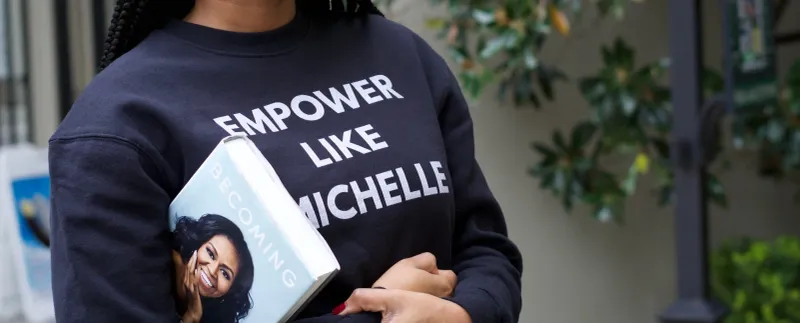
Michelle Obama’s memoir takes readers from her childhood apartment in Chicago all the way to the White House. Her story feels like advice from a wise friend who understands life’s ups and downs.
Through honest storytelling, the former First Lady shares her doubts, triumphs, and the balancing act of career and motherhood. She doesn’t shy away from discussing racism and sexism she faced along the way.
What makes this book special is how Michelle encourages women to find their authentic voice. She shows that power comes not just from achievement but from knowing yourself and standing in your truth, reminding us that our stories matter—even when society says otherwise.
2. Breaking Free with ‘Untamed’ by Glennon Doyle
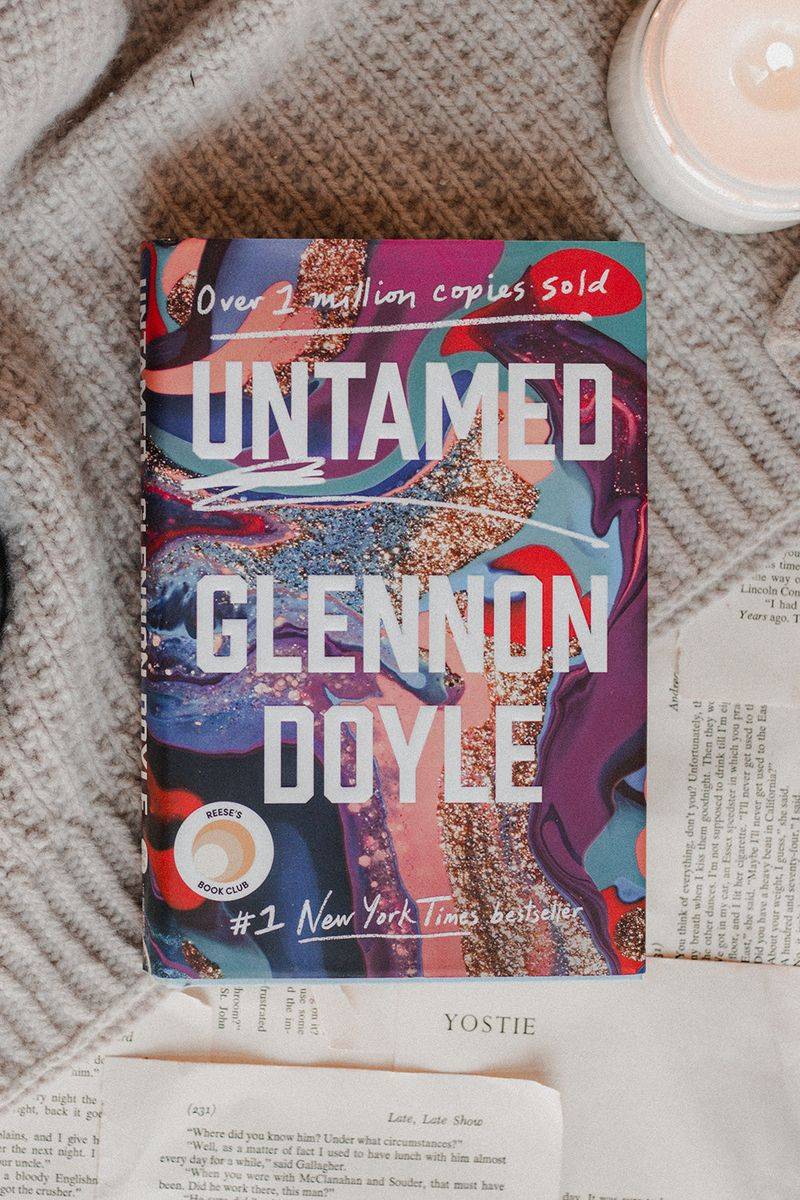
Have you ever felt trapped by what others expect from you? Glennon Doyle’s ‘Untamed’ speaks to that caged feeling many women experience. This part-memoir, part-manifesto reads like a permission slip to break free from society’s rules.
Doyle shares her personal awakening after falling in love with soccer star Abby Wambach, leaving behind her picture-perfect life and following her heart instead. Her raw honesty about marriage, motherhood, and finding herself resonates with anyone who’s ever wondered if there’s more to life.
The book’s power lies in its central message: your inner voice—that knowing feeling—is your truest guide. When women stop trying to please everyone else and start trusting themselves, they become gloriously untamed.
3. Everyday Equality in ‘We Should All Be Feminists’
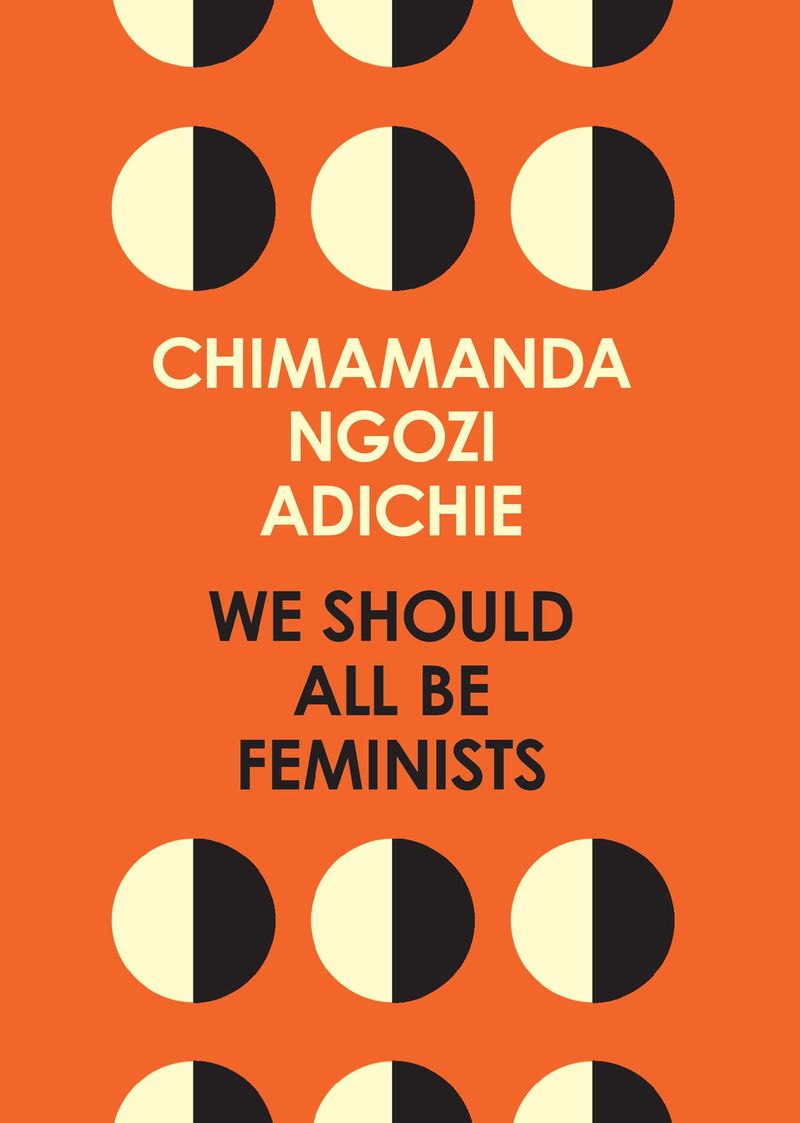
Small but mighty, Chimamanda Ngozi Adichie’s essay packs more wisdom into its pages than books three times its size. Based on her famous TED talk, this pocket-sized powerhouse makes feminism feel accessible to everyone.
Adichie shares personal stories from growing up in Nigeria, like being told she couldn’t be classroom monitor because boys should lead. She breaks down complex ideas about gender inequality using simple, everyday examples that click instantly in your mind.
What’s refreshing about this book is how it invites everyone—not just women—into the conversation about equality. Without finger-pointing or complicated language, Adichie explains why feminism benefits all of us, making readers wonder why we didn’t think of it that way before.
4. Global Sisterhood in ‘The Moment of Lift’
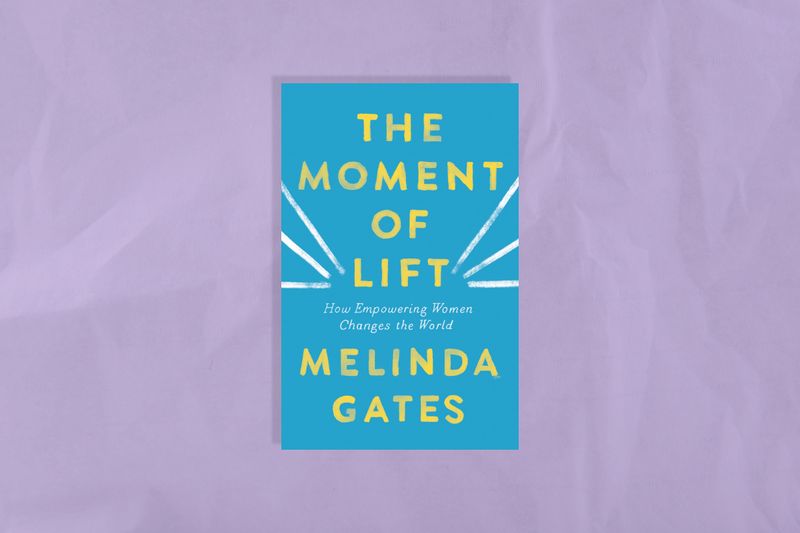
Melinda Gates takes readers around the world, introducing us to remarkable women whose stories rarely make headlines. From maternal health workers in India to farmers in Africa, Gates shines light on everyday heroines making extraordinary change.
The book weaves Gates’ personal journey with lessons learned through her foundation work. She candidly discusses her marriage to Bill Gates and how she found her voice within their partnership and philanthropy.
Beyond inspiration, ‘The Moment of Lift’ offers concrete evidence that supporting women creates ripple effects. When a mother gets healthcare or education, her children thrive, her community strengthens, and economies grow. Gates shows that women’s empowerment isn’t just nice—it’s necessary for solving our biggest global challenges.
5. Twelve Voices in ‘Girl, Woman, Other’
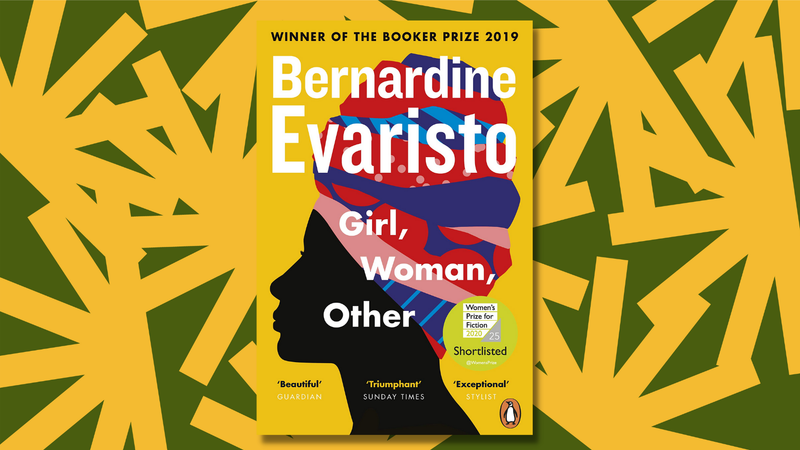
Bernardine Evaristo creates a magnificent tapestry of Black British womanhood spanning generations. Each chapter follows a different character—from a nonbinary social media influencer to a 93-year-old farmer—their lives subtly connecting like neighbors in an apartment building.
The book feels revolutionary in how it presents Black women as fully human: messy, funny, brilliant, and complicated. Evaristo’s unique writing style, with minimal punctuation and flowing sentences, creates an intimate feeling, as if you’re listening to each woman’s inner thoughts.
Winner of the prestigious Booker Prize, this novel celebrates the diversity within diversity. No single character represents “the Black female experience”—instead, Evaristo shows how race, class, sexuality, and age create twelve entirely different journeys through womanhood in modern Britain.
6. Learning Against All Odds in ‘Educated’
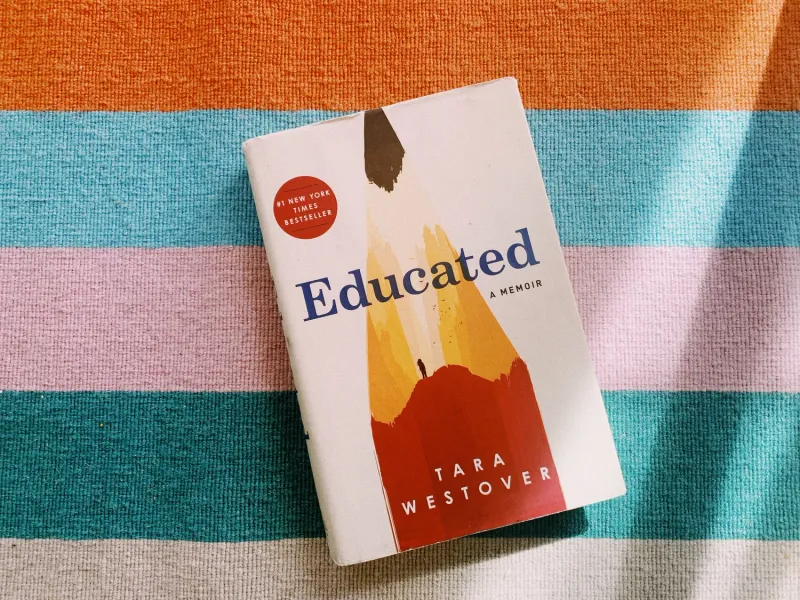
Born to survivalist parents in rural Idaho, Tara Westover didn’t set foot in a classroom until age 17. Her jaw-dropping memoir chronicles how she went from salvaging metal in her father’s junkyard to earning a PhD from Cambridge University.
Family loyalty clashes with self-preservation throughout Westover’s story. She vividly describes physical dangers (horrific accidents treated with only herbal remedies) and emotional abuse from a volatile brother, making her escape feel both necessary and heartbreaking.
Beyond the dramatic elements, ‘Educated’ explores profound questions about identity. Westover shows how education isn’t just about learning facts—it’s about discovering who you are apart from what you’ve been told. Her journey reminds us that while we can’t choose our beginnings, we can write our own endings.
7. Embracing Contradictions in ‘Bad Feminist’
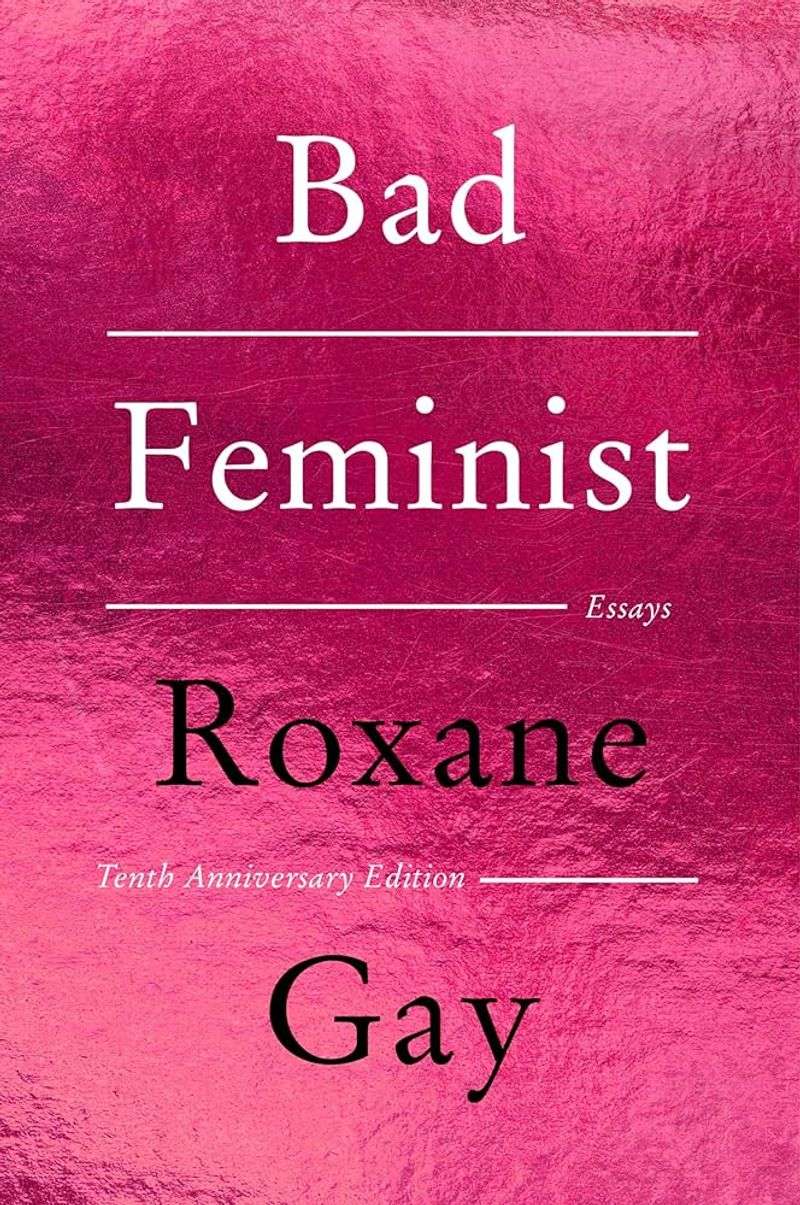
Roxane Gay’s collection of essays feels like late-night conversations with your smartest friend. She tackles serious topics like violence against women and racial inequality while also analyzing reality TV and Sweet Valley High books—because being a feminist doesn’t mean you can’t enjoy problematic things.
Gay’s honesty about her own contradictions gives readers permission to be imperfect advocates. She admits loving rap music with misogynistic lyrics and enjoying pink while fighting gender stereotypes. Her writing balances sharp cultural criticism with personal vulnerability.
The beauty of ‘Bad Feminist’ lies in its rejection of purity tests for social movements. Gay argues that feminism needs more voices, not fewer—even flawed ones. Her message resonates: better to be a bad feminist actively working for change than no feminist at all.
8. Finding Voice in ‘The Color Purple’
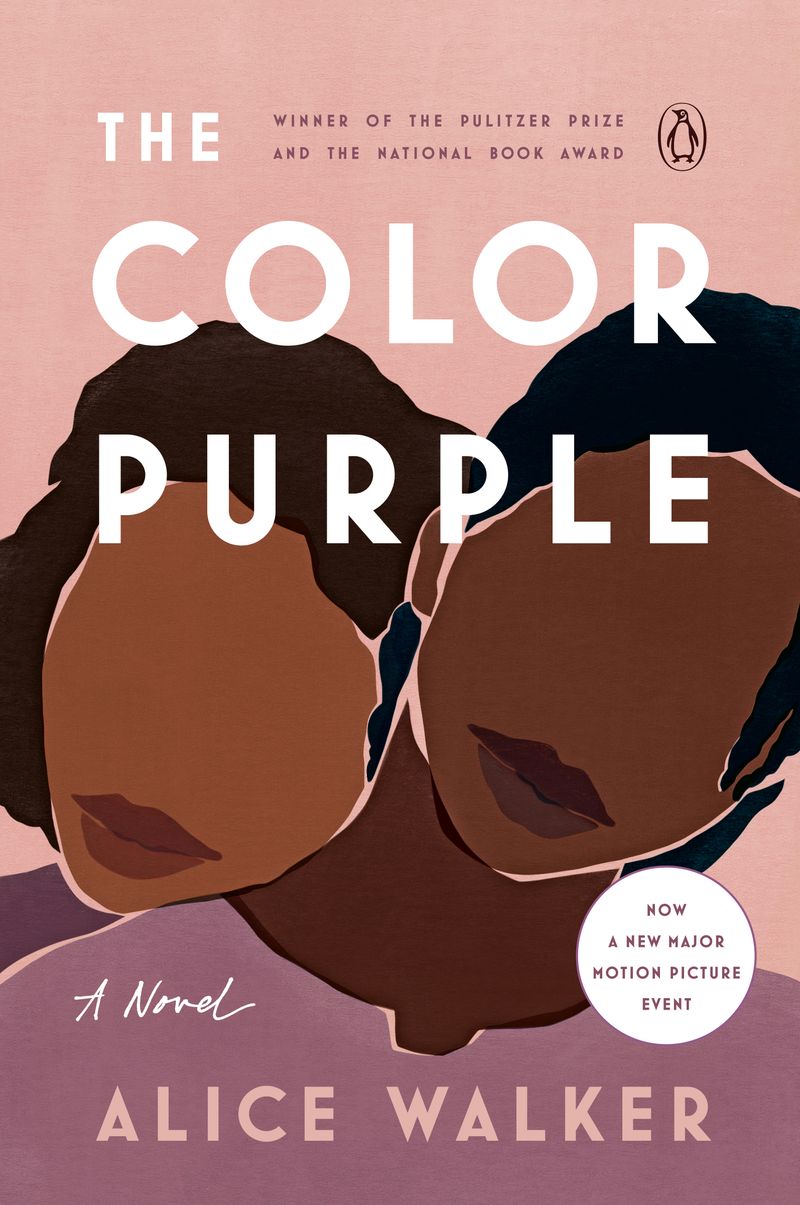
Alice Walker’s masterpiece begins with heartbreak: “Dear God, I am fourteen years old.” These words open letters from Celie, a poor Black girl in 1930s Georgia enduring unimaginable abuse. Through these letters, readers witness her journey from silence to self-expression.
The novel doesn’t shy away from brutal realities—racism, domestic violence, sexual abuse—yet somehow remains deeply hopeful. Walker introduces characters like the bold Sofia and glamorous Shug Avery who show Celie possibilities beyond her circumstances.
Winner of the Pulitzer Prize, this book revolutionized literature by centering Black women’s experiences. Walker’s unforgettable characters demonstrate how women can support each other through trauma toward healing. Despite being written in 1982, Celie’s discovery of her own worth continues to inspire readers to find their voices against all odds.
9. Inclusive Activism in ‘Hood Feminism’
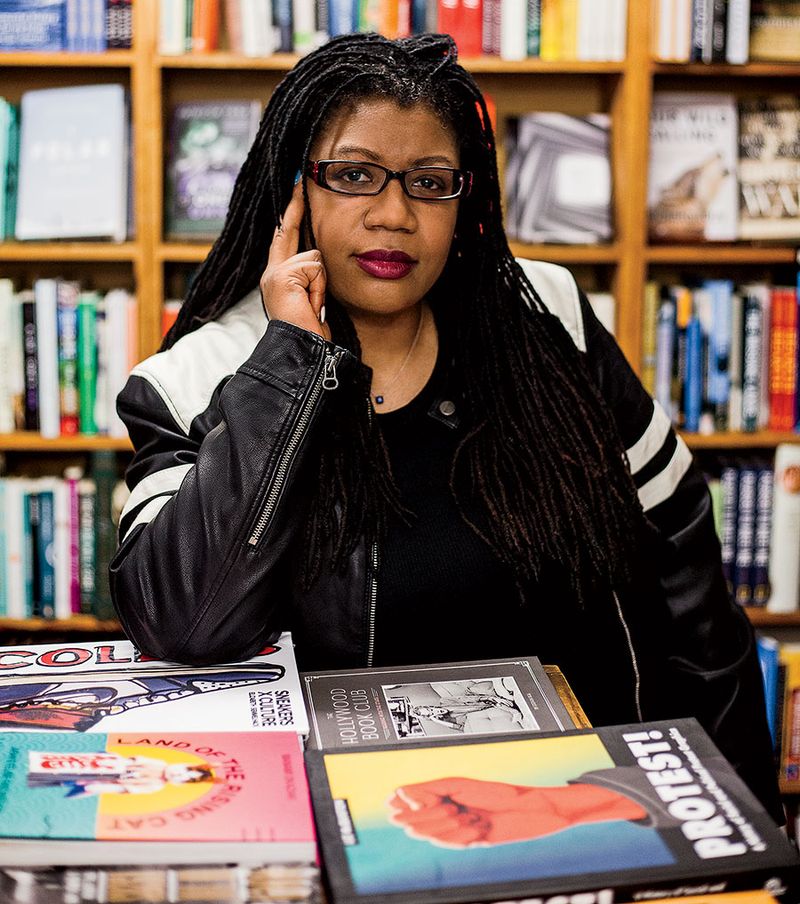
Mikki Kendall challenges mainstream feminism with a simple question: what good is breaking glass ceilings if some women can’t afford food or basic safety? Her collection of essays examines how traditional feminist movements often overlook issues affecting women of color and poor women.
Kendall connects personal experiences with broader social patterns. She discusses food insecurity, access to education, and gun violence as feminist issues, arguing that fighting for women means addressing these basic needs first. Her straightforward writing style makes complex ideas about intersectionality crystal clear.
The power of ‘Hood Feminism’ comes from its practical vision for more inclusive activism. Rather than just criticizing, Kendall offers a roadmap for feminism that truly serves all women. Her book reminds privileged readers that solidarity means showing up for issues that might not affect them personally.
10. Shonda Rhimes’ Transformation in ‘Year of Yes’
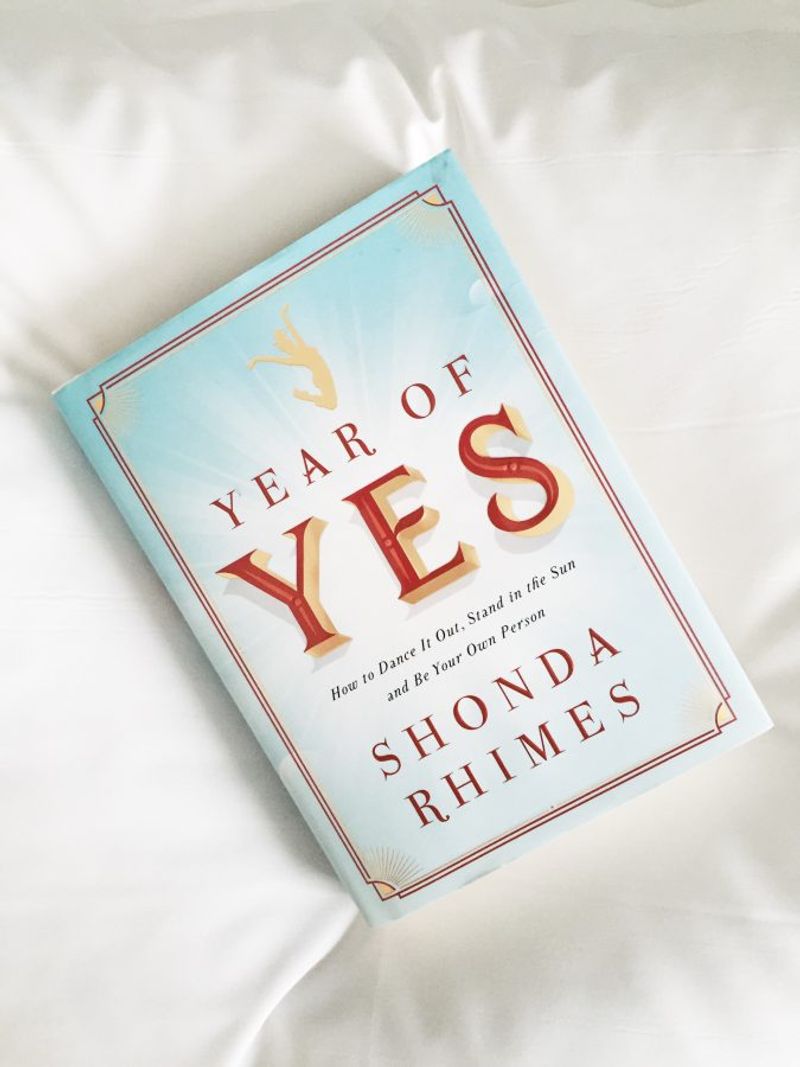
TV titan Shonda Rhimes seemed to have it all—hit shows like Grey’s Anatomy, fame, and fortune. Yet in this candid memoir, she reveals she was deeply unhappy until her sister pointed out a pattern: Shonda said “no” to everything that scared her.
For one year, Rhimes challenged herself to say “yes” to everything that terrified her, from public speaking to weight conversations with her doctor. She describes panic attacks before appearing on Jimmy Kimmel and learning to play with her children instead of just working.
What makes this book special is Rhimes’ funny, conversational writing style. She talks to readers like friends, sharing embarrassing moments alongside triumphs. Her experiment shows how stepping outside comfort zones—especially for women taught to shrink themselves—can lead to unexpected joy and self-discovery.

Comments
Loading…